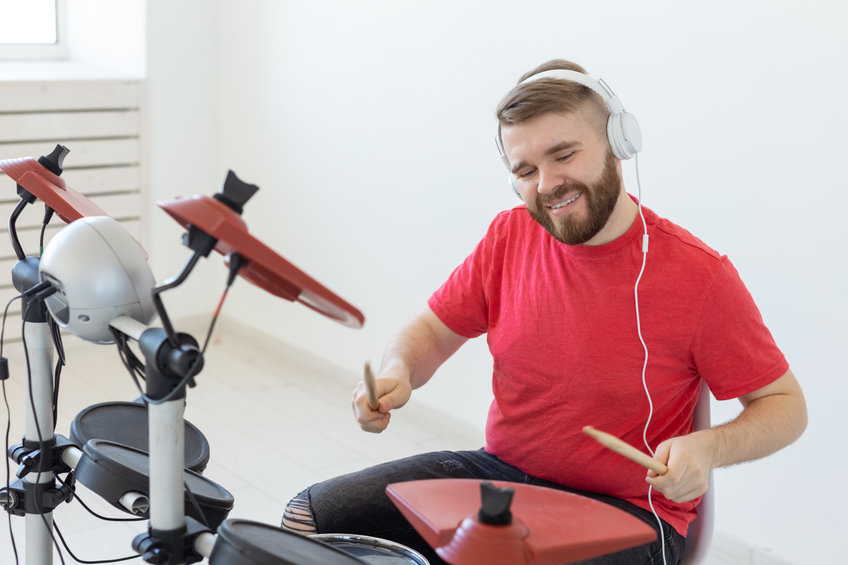Yoga is an ancient practice that has stood the test of time, offering profound physical, mental, and spiritual benefits. As yoga continues to grow in popularity in Mornington, Australia, understanding its foundational principles becomes essential for practitioners seeking holistic well-being. Whether you are a beginner or an experienced yogi, grasping the four pillars of yoga can significantly enhance your practice and deepen your connection with this transformative discipline.
Understanding the 4 Pillars of Yoga
The philosophy of yoga is deeply rooted in four fundamental pillars: Raja Yoga, Bhakti Yoga, Karma Yoga, and Jnana Yoga. Each of these pillars offers a unique approach to self-discovery and inner peace, shaping the journey toward enlightenment and personal growth.
1. Raja Yoga: The Path of Meditation and Discipline
Raja Yoga, also known as the “Royal Path,” emphasizes meditation, self-discipline, and control over the mind and body. This pillar of yoga is particularly relevant in today’s fast-paced world, where stress and distractions dominate daily life.
In Mornington, yoga studios such as Bikram Yoga Mornington and Beachside Yoga & Massage offer classes focused on Raja Yoga principles, incorporating breathing techniques (pranayama), meditation (dhyana), and physical postures (asanas). Practicing Raja Yoga fosters mental clarity, emotional stability, and a heightened sense of awareness, making it a powerful tool for self-improvement.
2. Bhakti Yoga: The Path of Love and Devotion
Bhakti Yoga is centered on love, devotion, and surrender to a higher power. It is often practiced through chanting, prayer, and rituals that cultivate a deep sense of connection to the divine. This pillar encourages individuals to transcend ego-driven desires and embrace a life filled with compassion and gratitude.
For those seeking spiritual fulfillment in Mornington, local yoga communities, such as Soul Journey Yoga and Mornington Mindfulness & Meditation Center, offer group kirtan (devotional singing) and mantra chanting sessions. These practices promote emotional healing, inner peace, and a sense of unity among practitioners.
3. Karma Yoga: The Path of Selfless Action
Karma Yoga is the practice of selfless service, emphasizing the importance of performing actions without expecting rewards. It teaches individuals to serve others with love and dedication, fostering a sense of purpose and fulfillment.
Residents of Mornington can embrace Karma Yoga by participating in community service projects, volunteering at local wellness centers, or engaging in eco-friendly initiatives along the Mornington Peninsula. Yoga studios like Peninsula Hot Springs Yoga Retreat incorporate Karma Yoga into their philosophy, encouraging students to give back to society while nurturing their well-being.
4. Jnana Yoga: The Path of Knowledge and Wisdom
Jnana Yoga, the most intellectual of the four pillars, focuses on self-inquiry, wisdom, and deep philosophical study. It involves questioning one’s beliefs, meditating on the nature of existence, and seeking ultimate truth through introspection.
For those in Mornington eager to explore Jnana Yoga, attending workshops and spiritual discourses at The Yoga House Mornington can be beneficial. Reading ancient scriptures like the Bhagavad Gita and the Upanishads can also provide valuable insights into this profound yogic path.
Why Understanding the 4 Pillars of Yoga Matters
Recognizing the significance of these four pillars allows practitioners to tailor their yoga journey based on personal goals and preferences. Some individuals may resonate more with meditation and mindfulness (Raja Yoga), while others might find fulfillment in devotional practices (Bhakti Yoga) or selfless service (Karma Yoga). For those drawn to knowledge and self-reflection, Jnana Yoga offers an intellectually stimulating path.
Integrating these principles into daily life not only enhances physical and mental well-being but also fosters a deep connection to oneself and the surrounding community. With Mornington’s thriving yoga culture, residents have ample opportunities to explore these paths through structured classes, retreats, and local spiritual gatherings.
Finding the Right Yoga Practice in Mornington
Mornington, Australia, is home to a vibrant wellness community, offering diverse yoga classes and retreats tailored to different levels and interests. Whether you are looking to deepen your meditation practice, engage in selfless service, cultivate devotion, or seek wisdom, there are various options available:
- Best for Raja Yoga: Beachside Yoga & Massage offers meditation and mindfulness classes focused on Raja Yoga principles.
- Best for Bhakti Yoga: Soul Journey Yoga hosts kirtan and devotional singing sessions.
- Best for Karma Yoga: Peninsula Hot Springs Yoga Retreat promotes eco-conscious community service and selfless action.
- Best for Jnana Yoga: The Yoga House Mornington provides philosophical discussions and self-inquiry workshops.
Conclusion
The four pillars of yoga—Raja Yoga, Bhakti Yoga, Karma Yoga, and Jnana Yoga—serve as essential foundations for anyone seeking a holistic approach to well-being. In Mornington, Australia, a thriving yoga culture provides countless opportunities to explore these paths, whether through meditation, devotion, service, or wisdom. By understanding and integrating these pillars into daily life, practitioners can experience profound personal growth, inner peace, and a deeper connection to their community.
If you’re looking to embark on a transformative yoga journey in Mornington, consider exploring the various yoga studios like Bikram Yoga Mornington, retreats, and workshops available. With dedication and an open heart, the practice of yoga can lead to a balanced, fulfilling, and enlightened life.


